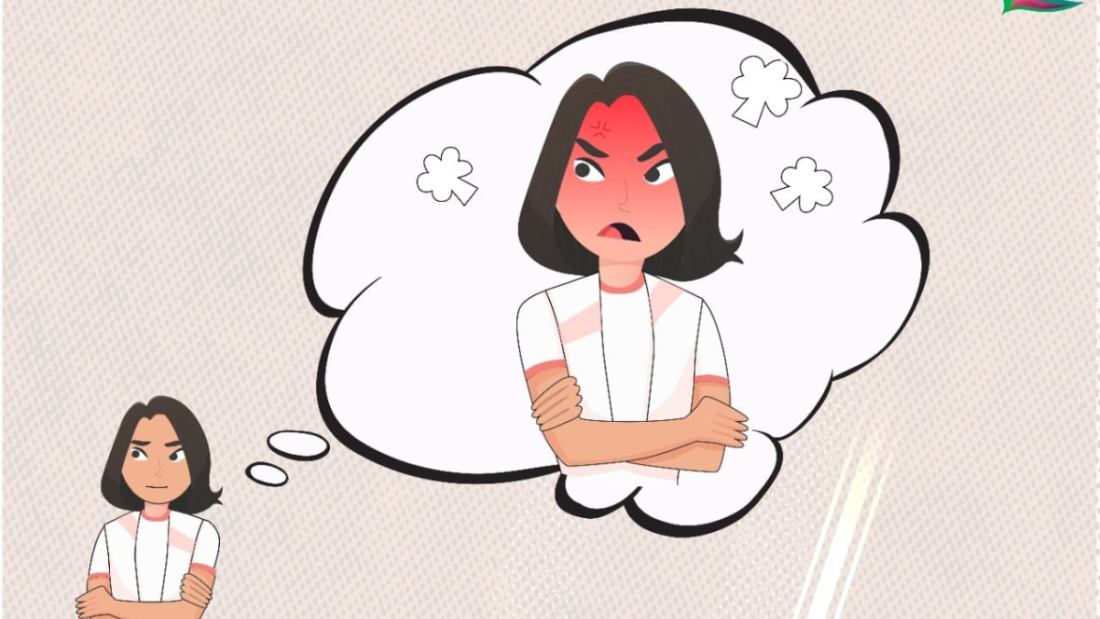Anger is one of the emotions, often experienced by people when a person perceives that something that they value is going wrong or is in conflict with one’s principles. It is usually a secondary emotion in response to feelings of disappointment, rejection and even stress. Anger is closely tied to the fight/flight and freeze responses of the body wherein the survival mode gets activated and is accompanied by physiological changes like increased energy levels, raised blood pressure, increased levels of hormones like adrenaline, raised body temperature, and increased muscle tension.
While everyone may experience anger at some point of time in their lives, not everyone may experience the same intensity or respond in the same manner. Expressions of anger tend to vary from person to person and can be expressed outwardly (screaming, hitting, breaking things) or bottling the anger and distancing themselves from the environment through withdrawal.
Anger can be a helpful emotion because it guides us to understand something in our environment isn’t going right and the opportunity to channelize the energy to do something about it. However, if not managed in a healthy manner, maybe because there is no appropriate role model, support systems or coping mechanisms in place or when the social conditioning around the expression of anger around a person is problematic, it could have deep sometimes irreversible impact on the person and their relationships.
 Cart is empty
Cart is empty 


